Detection and Handling of Noise in Laser Altimetry Data: a Prerequisite for Tides Derivation
- Max Planck Institute for Solar System Research, Göttingen, Germany (stenzel@mps.mpg.de)
The ESA/Jaxa mission BepiColombo[1] to Mercury will arrive in orbit in 2025. Onboard is the BepiColombo Laser Altimeter (BELA)[2], which will be used to scan the planetary surface. We plan on using these data to derive the tidal parameter h2[3]. To achieve an accurate result it is necessary to identify and eliminate noise in the laser altimeter records[4]. We present a strategy to find[5], [6] and neutralize the non-Gaussian noise contributions which contribute the most to the uncertainty in the derived Love number.
References
[1] J. Benkhoff et al., ‘BepiColombo—Comprehensive exploration of Mercury: Mission overview and science goals’, Planet. Space Sci., vol. 58, no. 1, pp. 2–20, Jan. 2010, doi: 10.1016/j.pss.2009.09.020.
[2] N. Thomas et al., ‘The BepiColombo Laser Altimeter’, Space Sci. Rev., vol. 217, no. 1, p. 25, Feb. 2021, doi: 10.1007/s11214-021-00794-y.
[3] R. N. Thor et al., ‘Prospects for measuring Mercury’s tidal Love number h2 with the BepiColombo Laser Altimeter’, Astron. Astrophys., vol. 633, p. A85, Jan. 2020, doi: 10.1051/0004-6361/201936517.
[4] O. J. Stenzel, I. Hall, and M. Hilchenbach, ‘Mercury Tide Parameter Estimation from Laser Altimeter Records’, LPI contributions vol. 2678, p. 1990, Mar. 2022.
[5] O. Stenzel and M. Hilchenbach, ‘Towards machine learning assisted error identification in orbital laser altimetry for tides derivation’, pp. EPSC2021-688, Sep. 2021, doi: 10.5194/espc2021-688.
[6] O. Stenzel, R. Thor, and M. Hilchenbach, ‘Error identification in orbital laser altimeter data by machine learning’, pp. EGU21-14749, Apr. 2021, doi: 10.5194/egusphere-egu21-14749.
How to cite: Stenzel, O. and Hilchenbach, M.: Detection and Handling of Noise in Laser Altimetry Data: a Prerequisite for Tides Derivation, Europlanet Science Congress 2022, Granada, Spain, 18–23 Sep 2022, EPSC2022-522, https://doi.org/10.5194/epsc2022-522, 2022.

